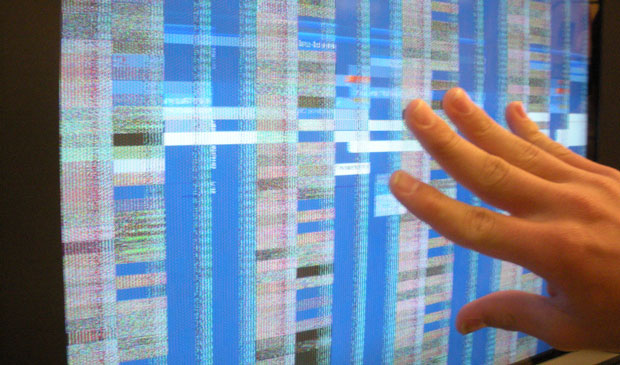
Eskom’s “big data” scientists are changing the way its decision makers operate, with mechanisms starting to predict when and where technical faults occur, delegates at the African Utility Week in Cape Town heard on Thursday.
Speaking about the role of big data for smart metering applications, Eskom data scientist Jaco du Toit said Eskom could gain deeper insights into its customers through smart meters, a device that the utility hopes all households will eventually install.
“We started our own department in Eskom to focus on big data,” said Du Toit, who has a masters degree in engineering.
The department collects data, creates software to interpret the data, analyses it, and then uses data visualisation tools to make the data meaningful to key decision makers within the company.
“We have developed software to ensure data is available immediately,” he said. “Our first project was around energy loss management.”
A major aim of the department is to predict faults, highlighting where and when are they likely to occur.
“We use data from customer billing, metering, the fault management system, network planning, geographic, equipment and telecommunication.”
Eskom’s team of data scientists seem to operate in a bubble of the future, where they use cutting-edge practices of scrum and agile management techniques.
“We use agile project management methodologies, which is a new way of doing projects in Eskom,” he said. “We also encourage curiosity and storytelling among the team using scrum sessions.”
Du Toit gave tips to others wanting to develop a big data department in a big company.
“Start small and internally,” he said. “Start with a business case and with exploratory data analysis.
“Run a project parallel with existing business intelligence solutions and encourage interdepartmental collaboration,” he said. “Bring subject matter experts on board and make data easily available.
“Respect academics approaches and set up communication between the team and primary decision makers,” he said.
Skills the data scientists look for are people with a background in mathematics, computer science, statistics, communication, data visualisation, machine learning and domain experts to interpret results. — Fin24




